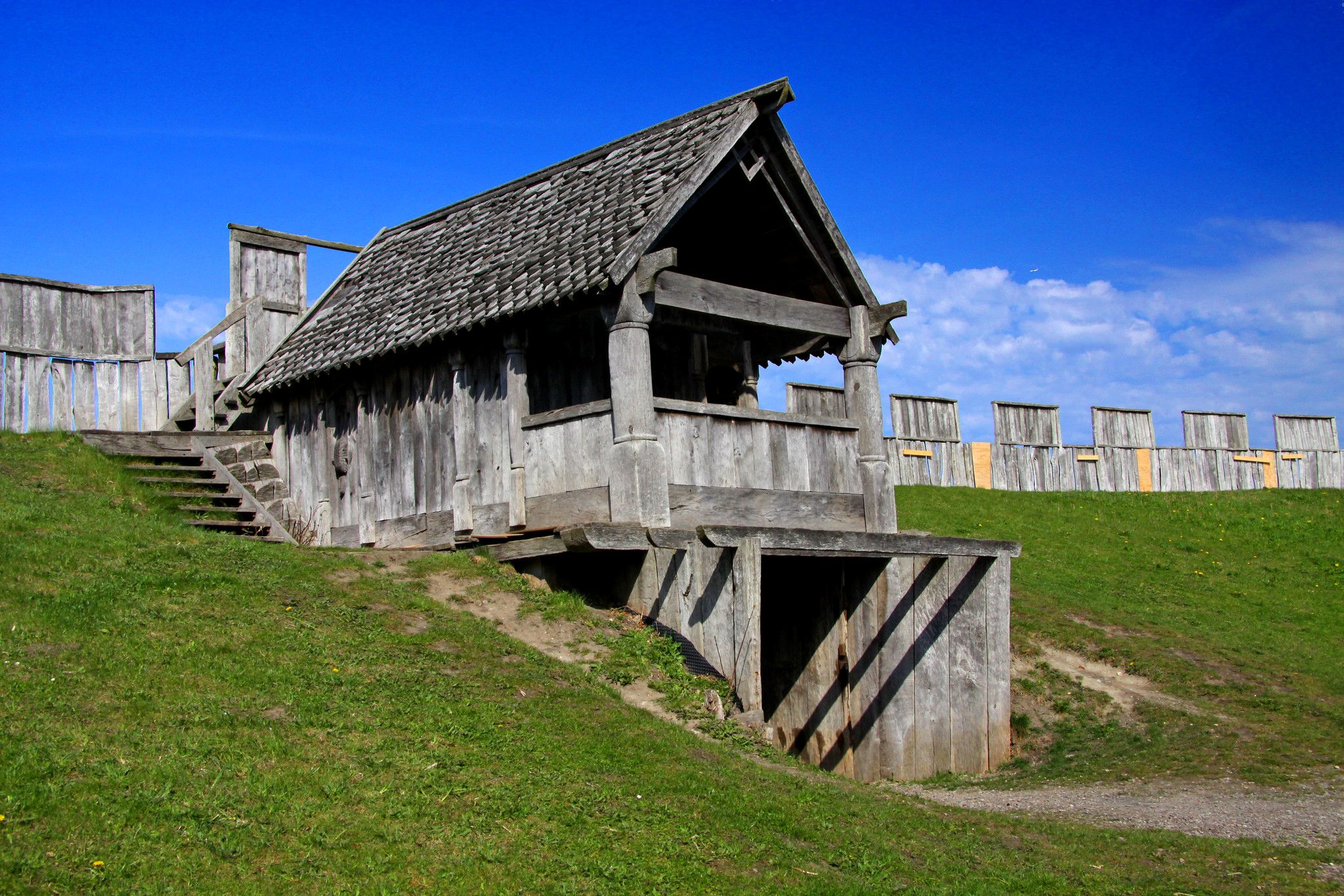
Fans of the Vikings TV show would appreciate these fascinating Viking fortresses, located across Denmark. Aggersborg, Borgring, Fyrkat, Nonnebakken, and Trelleborg are now attracting a lot of interest after they were added to the UNESCO World Heritage List. The monumental, ring-shaped strongholds have the same uniform, geometric design, which reveals the strategic military planning during the Viking age.
Travelers explore the UNESCO-listed Viking Ring Fortresses
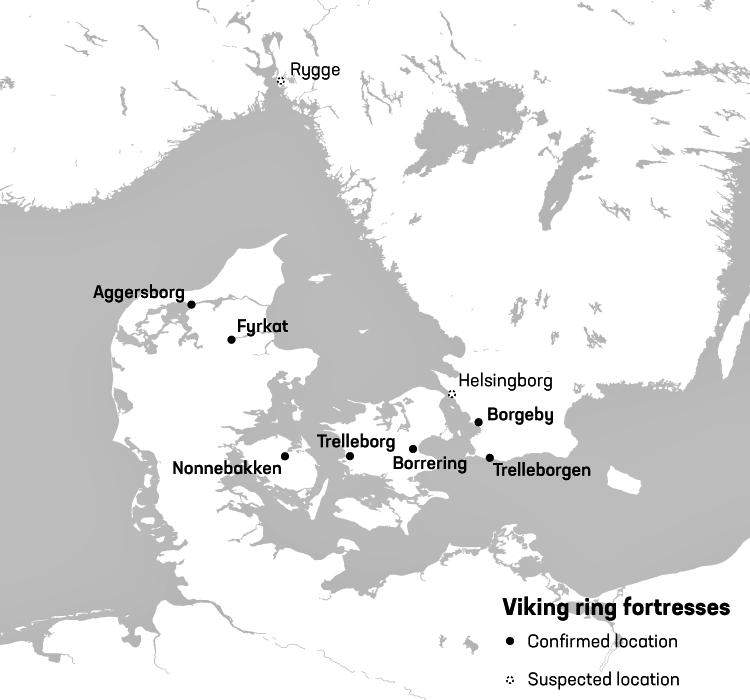
Scandinavia went through significant change during the Viking Age, which brought new settlements and established trading routes. While many people think of the Vikings as bloodthirsty, there was much more to these people. As new developments were established, the need for improved defenses saw the construction of the impressive ring-shaped strongholds under King Harald ‘Bluetooth’ Gormsson.
Strategic positioning of Denmark’s Viking Ring Fortresses
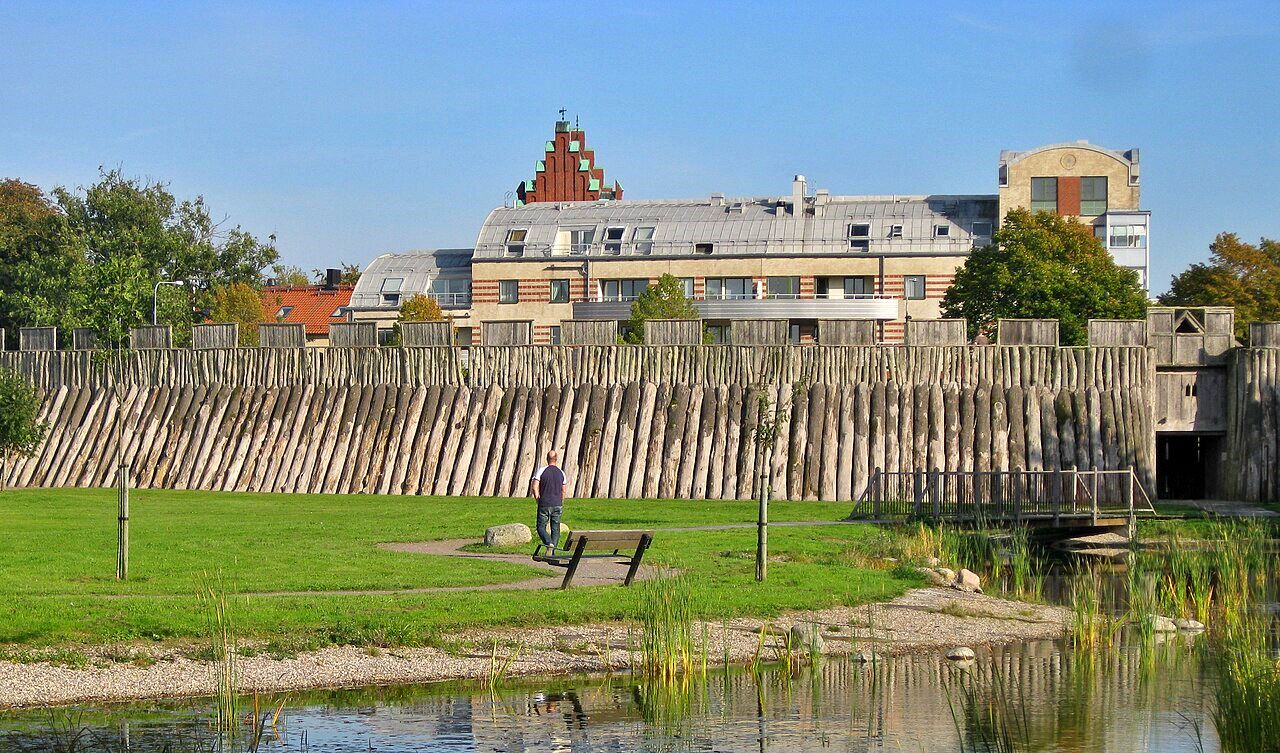
UNESCO World Heritage Sites in Denmark
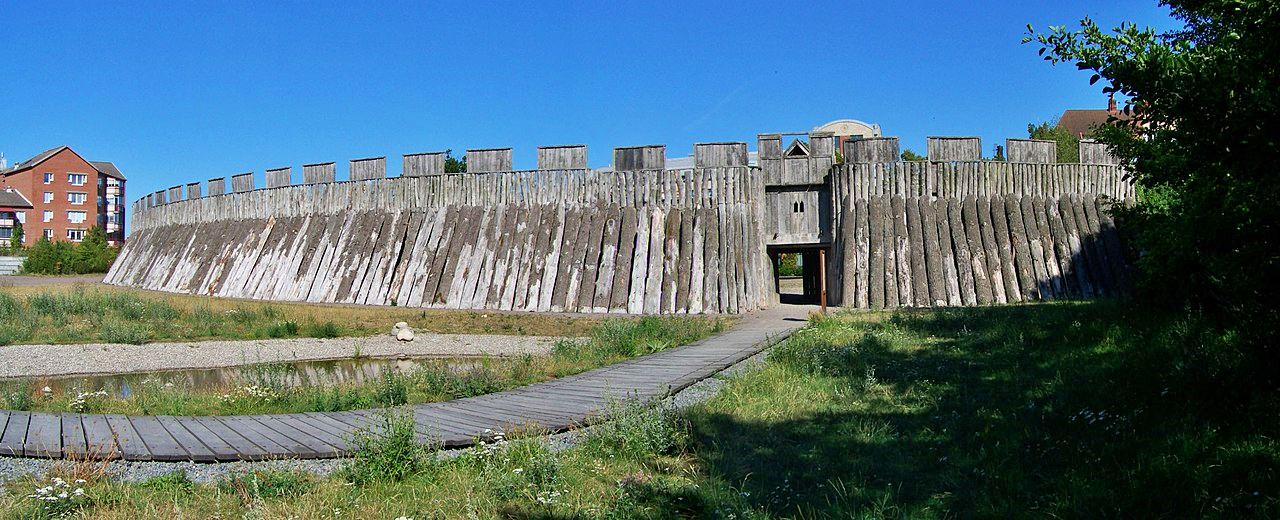
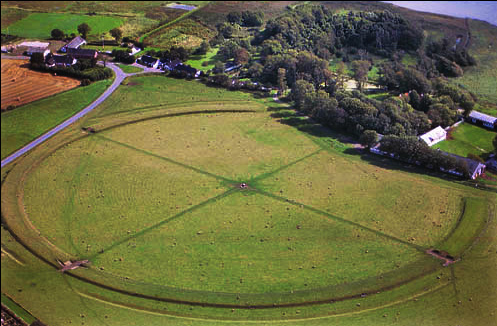
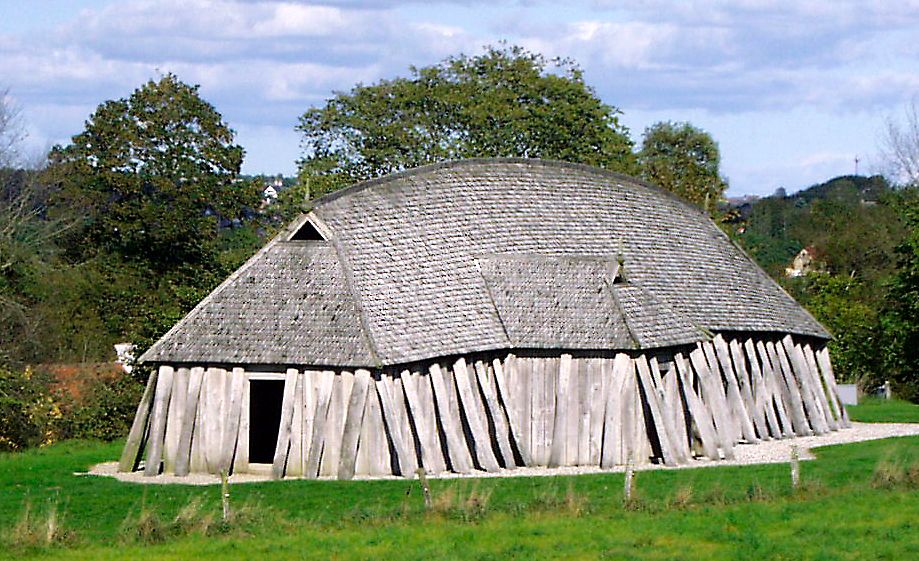
Will UNESCO listing increase tourism?
Since the UNESCO World Heritage designation, it is expected that tourism will increase, which will support further research into the historical sites. According to Rane Willerslev, Museum Director of The National Museum of Denmark, the UNESCO recognition will go towards further research, while attracting more visitors.
Meanwhile, the impressive fortresses, constructed to defend against internal conflicts and to enhance the power of the Jelling Dynasty, stand as strong reminders of the Viking Age’s legacy. Moreover, each makes a fascinating site to visit when on vacation in Denmark this summer.
While there, be sure to visit the National Museum of Denmark, with its fascinating exhibits, including the famous Golden Horns, the Egtved Girl, African masks and even Egyptian mummies. When it comes to Vikings, visitors can experience an exciting battle between two Viking warriors in an augmented reality app.




[…] comment Copenhagen takes a different stance on overtourism [Image by Pixabay]Copenhagen in Denmark is a hugely popular city for travelers and is feeling the effects of overtourism, much like other […]